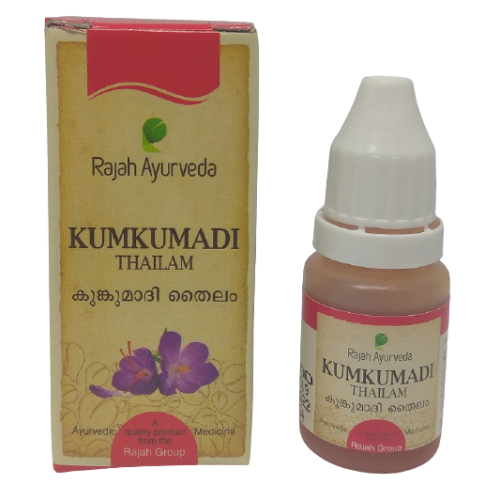In today’s fast-paced world, stress has become an inevitable part of our lives, impacting both our physical and mental well-being. Ayurveda, an ancient Indian system of medicine, offers a holistic approach to address the effects of stress on the body and mind. By recognizing the interconnectedness of the mind and body, Ayurveda provides techniques for stress management and promotes overall well-being. In this blog, we will explore how Ayurveda addresses stress and its impact on the body, as well as the practices that can help in managing stress. We will also introduce Ayurvedic Mall, an online store providing high-quality Ayurvedic products to support your well-being.
Ayurveda and Stress Management: Ayurveda acknowledges that stress affects the balance of doshas (Vata, Pitta, and Kapha) within our bodies. When stress disrupts this balance, it can lead to various physical and mental health issues. Ayurveda offers a range of techniques and remedies to manage stress effectively:

- Stress-Reducing Herbs: Ayurveda utilizes numerous herbs with adaptogenic properties that help the body adapt to stress and restore balance. Examples include Ashwagandha, Brahmi, Jatamansi, and Tulsi. These herbs help calm the nervous system, reduce anxiety, and promote relaxation.
- Lifestyle Modifications: Ayurveda emphasizes the importance of a balanced daily routine (dinacharya) and a healthy lifestyle. This includes maintaining regular sleep patterns, practicing mindful eating, engaging in regular exercise, and avoiding excessive stimulation. These lifestyle modifications create a strong foundation for managing stress.
- Relaxation Practices: Ayurveda offers several relaxation practices that soothe the mind and relax the body. Meditation, pranayama (breathing exercises), and mindfulness techniques are effective tools to reduce stress, enhance self-awareness, and promote mental clarity. They encourage a mind-body connection and cultivate a sense of inner calm.
Ayurveda and Mind-Body Connection: Ayurveda recognizes the profound connection between the mind and body. It believes that the state of the mind directly influences the overall well-being of an individual. Here are some practices that Ayurveda recommends to foster a healthy mind-body connection:

- Meditation: Meditation is a powerful practice that calms the mind and cultivates inner peace. Regular meditation helps reduce stress, improve concentration, and enhance overall mental well-being. It allows us to connect with our inner selves and gain clarity amidst the chaos.
- Pranayama: Pranayama, or controlled breathing exercises, regulate the flow of prana (vital life force) within the body. Deep breathing techniques like Nadi Shodhana (alternate nostril breathing) and Bhramari (bee breath) calm the nervous system, reduce anxiety, and improve mental focus.
- Mindfulness: Mindfulness involves being fully present in the moment, observing our thoughts, emotions, and sensations without judgment. Practicing mindfulness helps reduce stress, enhance self-awareness, and promote a sense of overall well-being. It encourages us to appreciate the present moment and find joy in simple pleasures.
Ayurveda offers a comprehensive approach to stress management by recognizing the mind-body connection. By incorporating stress-reducing herbs, lifestyle modifications, and relaxation practices like meditation, pranayama, and mindfulness, we can effectively manage stress and promote overall well-being.
To embark on your Ayurvedic wellness journey, Ayurvedic Mall is a trusted online store offering a wide range of authentic Ayurvedic products. Explore their collection at https://ayurvedicmall.com/ and discover natural remedies to support your physical, mental, and emotional health.
Remember, incorporating Ayurvedic principles into your lifestyle takes time and patience. Consult an Ayurvedic practitioner to personalize your approach based on your unique mind-body constitution (dosha) and specific health concerns. Embrace the wisdom of Ayurveda and nurture your well-being holistically.



